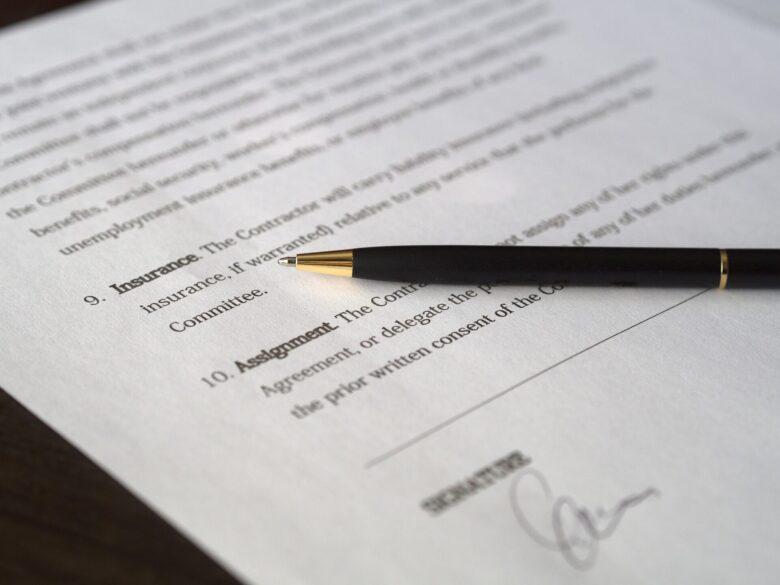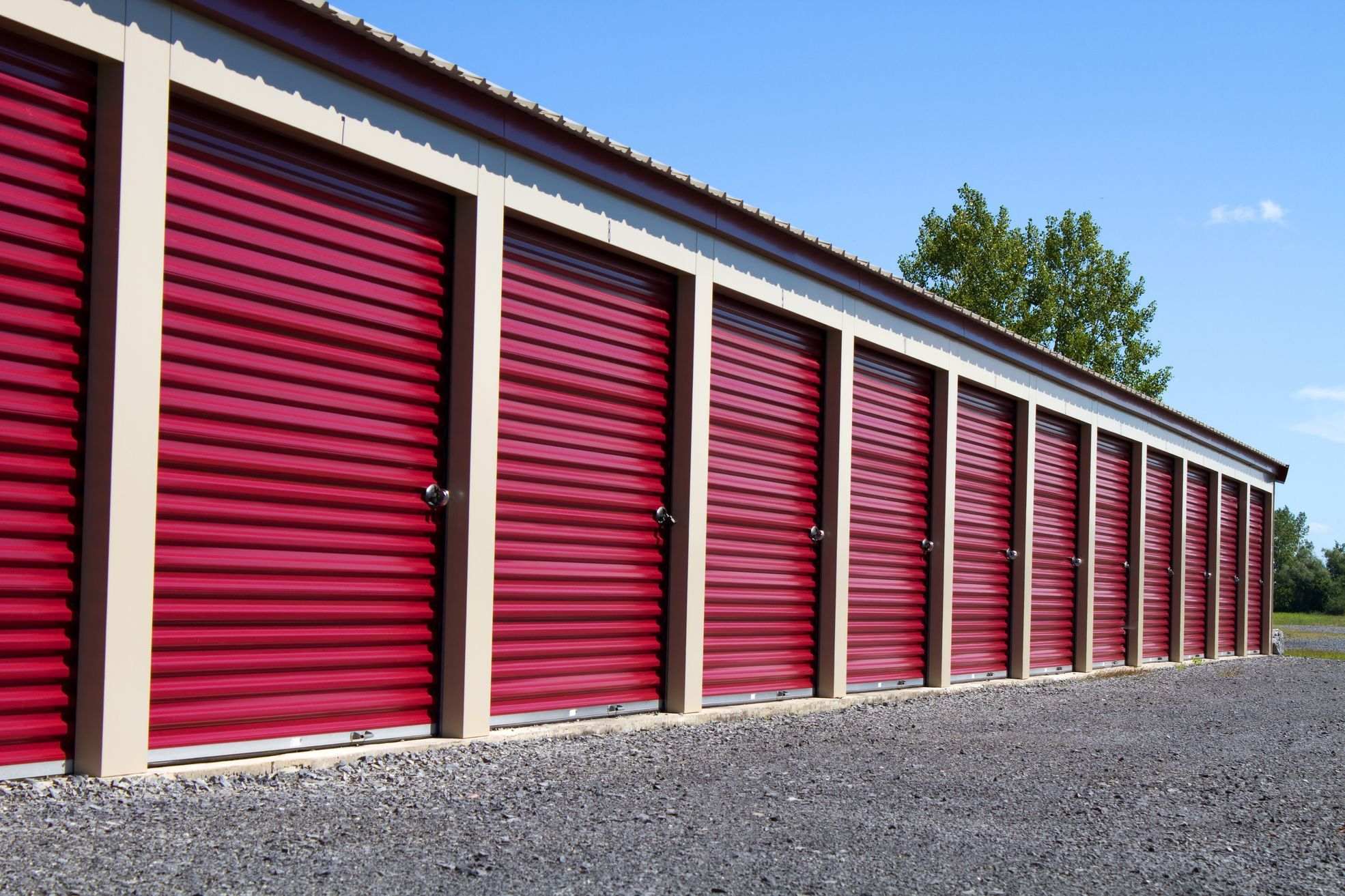

Moving furniture across the world can be a difficult task, but with the assistance of reliable international movers, it can become a smooth and stress-free experience. In this article, we will explore essential tips on and strategies to help you find trustworthy movers who can assist you and help moving furniture within homes and across borders and continents, making your international relocation a breeze.
Furniture moving internationally requires careful planning. This involves researching and selecting a reputable moving company, verifying their credentials and insurance coverage, and obtaining detailed quotes. Packing techniques are essential for ensuring the safe transport of items. Additional insurance may be necessary for valuable or fragile items. Understanding customs procedures, potential restrictions, and associated costs is also crucial.
Assess the Feasibility of Moving Furniture
When planning to move furniture in house or across the world, several factors must be considered to determine the feasibility. Firstly, the type of furniture in question plays a crucial role. Certain pieces may have high sentimental or monetary value, making them worth the effort and cost of moving overseas. Second, the logistical challenges associated with relocating large, bulky, or fragile items need to be evaluated. This includes the availability and cost of appropriate shipping methods, potential customs issues, and the risk of damage and other relocation mistakes during transit.
The destination is another essential factor: the conditions and requirements in the receiving country, including any import restrictions or quarantine laws, need to be thoroughly understood. Furthermore, it’s also important to take into account the environmental impact of shipping large items internationally. Lastly, costs must be weighed against the value of the items. These costs are not only financial but also involve time, effort, and potential relocation stress.
Assess the Size, Weight, and Condition of the Furniture
The size, weight, and condition of your pieces are crucial components of assessing the feasibility of relocating them internationally. Large or heavy items require more complex logistics and can significantly increase shipping costs. Pieces that can be disassembled and reassembled may be easier to move, while solid, bulky pieces pose a bigger challenge. The weight of the pieces also affects the choice of shipping method: sea freight often allows for heavier loads, whereas air freight may impose strict weight limitations.
The condition of the furniture is equally important. Older or fragile pieces might not withstand the rigors of an overseas move, especially if it involves multiple stages or transfers. In such cases, it might be more prudent to consider selling or donating the pieces and purchasing replacements in the new location. Pieces in good condition but made from sensitive materials such as leather or wood might also require special packaging or climate-controlled shipping to prevent damage.

Researching International Moving Companies
Researching international moving companies is a critical step in ensuring a smooth and efficient move. Firstly, look for companies with a solid track record in international relocations. Their experience will be invaluable in managing logistics and navigating potential customs issues. Check for online reviews on trusted platforms, but also be aware that not all reviews may be genuine.
Besides the general reputation, consider their customer service quality. Communication is key when moving abroad, and the international moving company should be responsive and transparent about costs, procedures, and timelines. It’s also advisable to get at least three quotes from different companies to compare services and prices. Remember, the cheapest quote may not offer the best service or may have hidden costs.
Seek Recommendations From Friends, Family, or Online Forums
One of the most reliable ways to choose a reputable relocation company is through personal recommendations. Friends, family members, or colleagues who have previously undertaken international moves can provide firsthand insights into their experiences with specific companies. They can provide details about the relocation process, customer service, cost, and any challenges encountered.
Additionally, online forums and social media groups dedicated to relocation and expatriate communities are valuable resources. They offer a platform where users share experiences, ask questions, and provide recommendations, which can prove extremely useful in narrowing down potential relocation companies.
Check Industry Associations and Certifications for Trustworthy Movers
Another critical step in researching international movers is checking for industry associations and certifications. Reputable relocation companies often belong to professional organizations, like the International Association of Movers (IAM) or the FIDI Global Alliance. Membership in these associations means that the company has met certain standards of professionalism and service.

Obtain Multiple Quotes
Obtaining multiple quotes from different international movers is a critical step in ensuring you get the best service for your money. Each company has its pricing structure and service offerings, and by collecting several quotes, you can compare these to find the best fit for your needs and relocation budget.
When requesting quotes, make sure they are detailed and include all potential costs. This should encompass not just the shipping fees but also handling, customs clearance, and insurance costs. It’s essential to understand what each quote covers to avoid any hidden or unexpected fees later on.
Once you have the quotes, compare them not just based on the price but also on the services offered and the reputation of the movers. Some companies might offer packing services, while others might only handle transportation. Similarly, a lower-cost mover might have a poor track record with customer service or handling goods. Therefore, it’s crucial to take a holistic view when comparing quotes to ensure you choose the best international mover for your needs.
Verify Credentials and Experience
Verifying the credentials and experience of international movers is crucial to ensuring a safe relocation of your belongings. The logistics of international relocating can be complex, involving legal, safety, and customs issues that require professional knowledge and expertise. First, check that the movers have the necessary licensing, insurance, and registration for international moves.
Licensing indicates that they have met the legal requirements to operate, while insurance protects you from potential loss or damage to your items during transit. Also, check if the company is registered with regulatory bodies like the Federal Maritime Commission for moves by sea.
It’s equally important to inquire about the company’s experience, particularly in transporting furniture across the world. A company with extensive experience will have a better understanding of how to pack, handle, and transport different types of furniture, ensuring they arrive at their destination in good condition. They will also be more familiar with international shipping routes, customs procedures, and regulations in different countries, which can help avoid delays or complications during the relocation.
Check Out if International Moving Company Offers Insurance and Liability Coverage
Insurance and liability coverage are fundamental when hiring international movers. The long distances and various handling stages involved in international relocations increase the risk of damage, loss, or theft. An insurance cover safeguards against these risks and ensures that you are not left out-of-pocket should anything go wrong.
It’s crucial to inquire about the insurance coverage provided by the relocation company. This should include the type of incidents covered, such as damage, loss, or delay, and the extent of the coverage. Be sure to understand the terms and conditions, including any deductibles or exclusions. Also, find out how claims are processed and what documentation is needed in case you need to file a claim.
Consider Additional Insurance Options for Valuable or Fragile Furniture
Considering additional insurance options for valuable or fragile items is an important step when planning an international move. Standard insurance, also known as mandatory liability coverage, often only covers a small amount per pound of each item, which may not be enough to replace valuable or fragile items if they get damaged. To provide greater protection, you may want to consider Full Value Replacement, which will require the relocation company to replace the item or compensate you with its full cash value.
For extremely valuable or irreplaceable items, like antiques or artwork, you might want to consider getting a separate insurance policy. Some insurance companies offer special policies for high-value items. These policies may cover a broader range of potential issues, including accidental damage during packing, and can be tailored to the value of your specific items. In any case, be sure to have your valuable items appraised before the move so that you know their current market value when arranging for insurance coverage.

Discuss Packing and Protection Techniques
Ensuring your belongings are properly packed and protected is crucial for international transportation and relocating abroad. This process involves more than just placing items in a box. It requires careful planning and the use of appropriate packing materials to keep the items safe during handling and transit.
Various packing materials can be used to protect furniture, including bubble wrap for delicate items, relocation blankets for larger pieces, and sturdy boxes for smaller or disassembled parts. It’s important to secure all moving parts, like drawers or doors, and to wrap sharp edges to prevent them from causing damage. Specialty boxes may be necessary for fragile or oddly shaped items. These precautions help prevent scratches, dents, or more serious damage during transit.
Disassembling items can also make transportation easier and safer. It can reduce the risk of damage and prevent things from breaking by making large, bulky items more manageable, and it may also save space in the shipping container, potentially reducing shipping costs. However, disassembly should be done carefully to avoid damaging the items or losing parts, and certain items may require professional disassembly. Always remember to keep all components together and clearly label all parts to make reassembly easier at your new home.

With the Right Help, Relocating Your Household Will Be Easy
Relocating household items across the world can undoubtedly be a difficult task. However, with the right help, preparation, and our relocation tips for moving furniture, the process can be made considerably more manageable. Ultimately, a successful move is about more than just getting your belongings from point A to point B; it’s about starting a new chapter in your life with as little stress and disruption as possible.
The right international moving company will be a valuable partner in this process, helping to make your relocation a smooth and easy experience. So, if you want to hire movers to move furniture, contact us at Schmidt International Relocations and allow us to provide you with a stress-free relocation experience, allowing you to focus on adjusting to a new country.
FAQ
How Long Does It Typically Take To Move Furniture Across the World?
The time it takes can vary significantly depending on various factors. Generally, it can take anywhere from a few weeks to a few months. The method of shipping (air, sea, or land), the distance, customs clearance, and the specifics of the final delivery (like rural or urban location) can all affect the timeline.
What Happens if There Are Delays or Issues With Customs Clearance?
Delays or issues with customs clearance could lead to your belongings being held at the customs facility until the issues are resolved. This could be due to missing or incorrect important documentation, unpaid duties, or prohibited items. Resolving these issues might require additional paperwork or fees and could result in delays.
Can I Track the Progress of My Furniture During the International Move?
Yes, most international relocation companies provide some form of tracking. This can range from regular status updates via email or phone to real-time tracking through a web interface or mobile app. The level of tracking detail may depend on the company and the service package you choose.
How Far in Advance Should I Start Researching and Contacting International Movers?
It is recommended to start researching and contacting international movers at least two to three months before your planned move. This will give you enough time to gather quotes, verify credentials, make a decision, and schedule your move on the desired date.
What Factors Can Affect the Cost of Moving Furniture Internationally?
Several factors can affect the cost, including the volume and weight of the items, the distance between origin and destination, the type of shipping method (air, sea, or land), and any additional services like packing, customs duties or taxes.
Are There Any Restrictions or Limitations on Moving Certain Types of Furniture to Certain Countries?
Yes, some countries have restrictions on importing certain types of items, particularly items made from restricted materials like certain woods or animal products. It’s essential to check the specific import regulations of your destination country before planning your move.
How Do I Ensure the Safety and Security of My Furniture During the International Move?
Ensuring the safety and security of your items involves proper packing and protection techniques, using a reputable and experienced international mover, and getting sufficient insurance coverage. Tracking your shipment can also provide peace of mind.
What Happens if My Furniture Is Damaged During the Transportation Process?
If your belongings are damaged during transportation, you should be able to file a claim with the company or the insurance provider, depending on your coverage. It’s important to inspect your belongings upon delivery and document any damage before signing the delivery receipt.
Are There Any Specific Requirements for Packing Furniture for International Transportation?
Packing requirements can vary depending on the shipping method and the destination country. Generally, furniture should be properly secured, protected, and labeled. Fragile or high-value items may have additional packing requirements.
What Should I Do If My Furniture Does Not Fit Through the Doorways or Entrances at the Destination?
If furniture does not fit through doorways or entrances, you may need to disassemble it or use special equipment to move it. Some companies offer services to handle such situations, so it’s worth discussing this possibility during the planning stage.
Can International Movers Assist With Furniture Assembly and Placement at the New Location?
Yes, many international movers offer additional services, including assembly and placement at the new location. However, these services may not be included in the basic relocation package and may incur additional fees.
How Do I Handle Customs Duties and Taxes Associated With Moving Furniture Across the World?
Customs duties and taxes vary by country and are usually based on the value of the goods being imported. Your relocation company should be able to provide guidance on this matter. You may also need to provide a detailed inventory of your items for customs purposes. Be sure to factor these costs into your budget.









